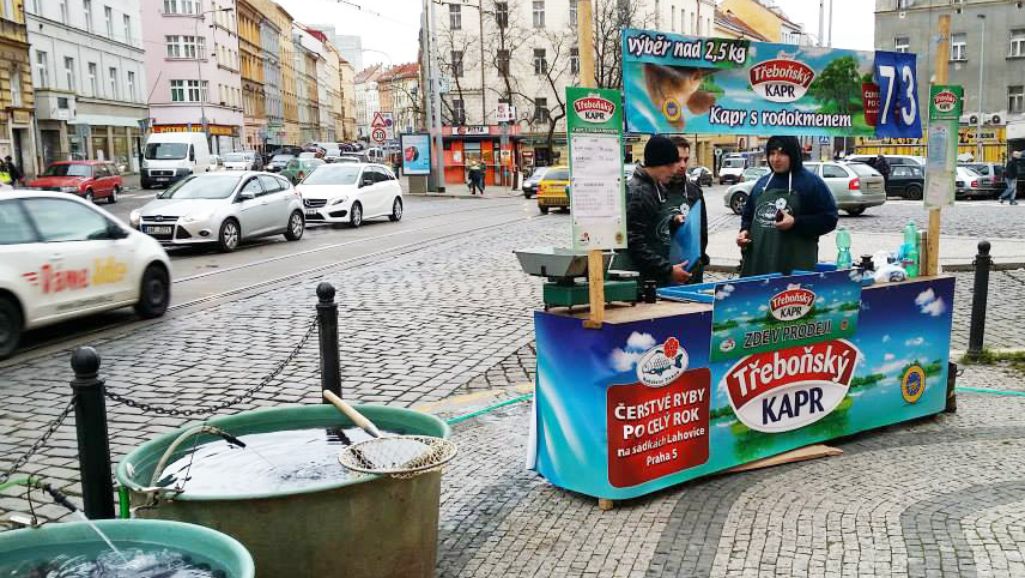In a notable move, major retail chains Lidl and Billa in the Czech Republic have opted against selling live Christmas carp outside their stores, marking a significant shift in their approach.
The decision aims to prioritize both customer satisfaction and environmental responsibility.
This isn’t the first time Lidl has taken such a stance. In 2022, the company emerged as the trailblazer in the Czech market by becoming the sole retail chain to refrain from live carp sales.
According to Lidl’s spokesperson Tomáš Myler, “Responsible business means offering customers the highest quality goods while ensuring our operations remain sustainable in the long term. That’s why we’ve chosen to ban the sale of carp outside our supermarkets. Fresh, already packaged fish will now be conveniently available in the sales area.”
Joining this ethical initiative for the first time, Billa’s decision aligns with their broader strategy to show respect for animals and the environment. Last year, the company also ceased selling amateur pyrotechnics as part of this commitment.
However, rival chains Tesco, Kaufland, Albert, and Penny are not following suit. They intend to continue selling live carp outside their supermarkets through partner companies.

It’s crucial to recognize that in the Czech Republic, carp holds a special place on the Christmas table, with its sale being a longstanding tradition.
The process typically begins a few days before the holiday, with live fish showcased on the streets in large basins with running water. Sellers prepare the fish, including killing and cutting it according to the buyer’s order, right on the spot.
This tradition has faced criticism from animal rights activists, who highlight the inhumanity of the method. Live fish often endure cramped conditions, oxygen deprivation, and extreme stress in overcrowded basins.
Fish farms and sellers defend the practice, emphasizing its integral role in Czech culture. They assert that the rules governing the keeping and killing of carp are strictly regulated by the Czech Veterinary Office.
Regular inspections by both the Veterinary Office and the Czech Trade Inspectorate ensure compliance with these regulations.

